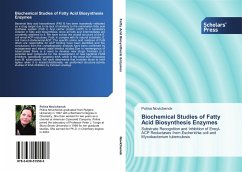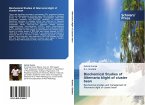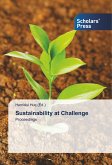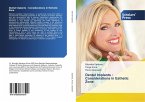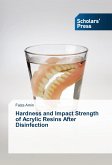Bacterial fatty acid biosynthesis (FAS II) has been repeatedly validated as a drug target due to its lack of similarity to the mammalian fatty acid synthase system (FAS I). Acyl carrier protein (ACP) is a necessary cofactor in fatty acid biosynthesis, since all fatty acyl intermediates are covalently attached to it. We have solved the crystal structure of the E. coli enoyl-ACP reductase, FabI, in complex with its natural substrate, E. coli trans-2-dodecenoyl-ACP. The specific amino acid residues of FabI which are responsible for ACP binding have been identified and the conclusions from the crystallography analysis have been confirmed by mutagenesis and steady state kinetics studies.Due to reemergence of tuberculosis there is a need to develop new drugs. Triclosan is a potential lead compound for the development of new bacterial FASII inhibitors, specifically targeting InhA, which is the enoyl-ACP reductase from M. tuberculosis. We have determined that triclosan binds to InhA tighter when it is ionized.Additionally, we performed structure-activity studies of InhA inhibition by triclosan analogs.
Bitte wählen Sie Ihr Anliegen aus.
Rechnungen
Retourenschein anfordern
Bestellstatus
Storno

